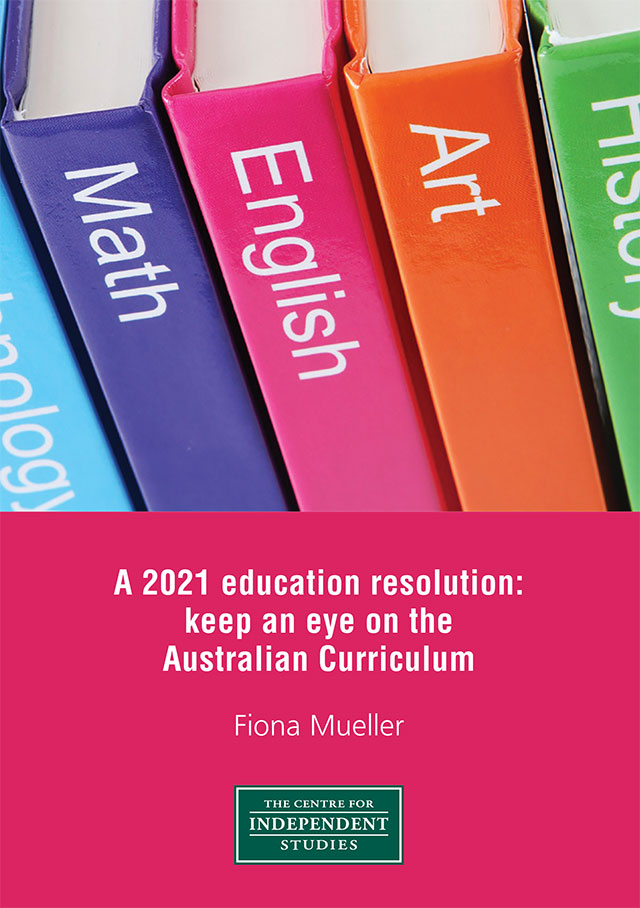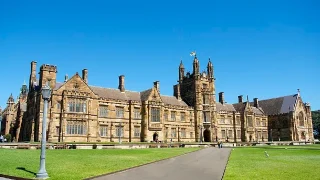
The COVID-19 pandemic is stimulating debate about the relationship between the governed and their leaders, both elected and appointed. In Australia, the world’s tenth-oldest continuous democracy, there is an unanticipated but positive opportunity for a nation-building refocus on the principles and aspirations that underpinned the 1901 agreement ‘to unite in one indissoluble Federal Commonwealth’.[i] That agreement reflects an enduring belief that informed political participation is central to an accountable democracy, and that it is a unique mechanism for developing an individual’s sense of self-worth and commitment to a better society.
High levels of socio-economic and political disruption and disquiet will not quickly recede. However, there can be no doubt that students whose education is enhanced by an intelligent examination of the human condition — with the emphasis on developing a thorough understanding of Australia’s national heritage and, ideally, a concomitant sense of belonging and purpose — will be better positioned to enter adulthood with confidence.
This period coincides with a review of the Australian Curriculum, scheduled for completion at the end of 2021. As the strengths and weaknesses of federation are tested, there can be few more powerful avenues leading to national unity and prosperity than a genuinely world-class Australian Curriculum.
To bring improvements to the education of all young Australians, that document should be based on a sophisticated, overarching academic framework that includes a renewed commitment to nation building through an enhanced Civics and Citizenship curriculum.










